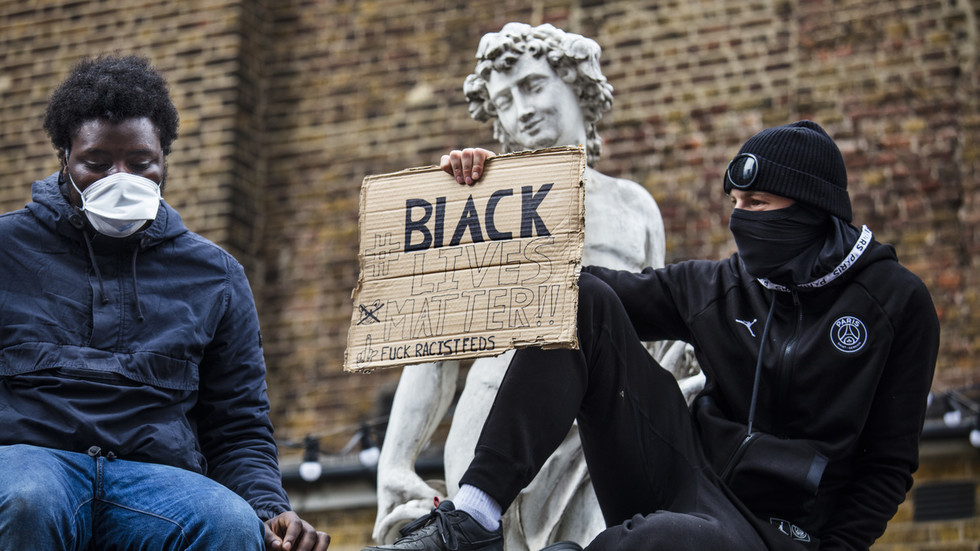Critical race theory is more insidious than even most conservatives realize

```html
The Myth of Radical Ideology: How Critical Race Theory Serves the Elite
Critical Race Theory in the British Psychological Society
Right-wing commentator Matt Goodwin recently declared the British Psychological Society (BPS) "captured" by "anti-racist racists," claiming it promotes critical race theory (CRT). While his observation about CRT's presence is accurate, his analysis falls short.
Goodwin's shock at CRT's infiltration of the BPS seems naive. The decades-long march of postmodern ideologies through Western institutions is well-documented. CRT's presence in the BPS is not surprising; its absence would be.
The Mislabeling of CRT as "Radical"
Goodwin's analysis falters by labeling CRT as "radical" or "left-wing." This is a fundamental mischaracterization. CRT, along with climate alarmism, diversity politics, #MeToo feminism, and transgender rights, are deeply conservative in their impact. They serve to maintain the power of the newly emerged global elites who effectively rule Western nations.
These ideologies, prevalent since the 1970s, are now under attack from populist movements. But their function remains clear: to uphold the existing economic order, not to challenge it. Embracing these ideologies makes genuine radical critique of Western societies impossible.
Consider the groups who fervently embrace these ideologies: academia, corporations, the judiciary, the public service, and centrist politicians. Do these groups genuinely seek to disrupt the system that benefits them so handsomely?
The Conservative Nature of CRT
Goodwin's own analysis of the Brexit opposition reinforces this point. The "Remain" movement aimed to preserve the global economic order, not overturn it. While these ideologies may appear culturally radical, it's only because they seek to displace the ideologies of the previous ruling class, the 19th and early 20th-century bourgeoisie, whom the new global elite has supplanted.
The Flawed Critique and a Path Forward
Goodwin rightly criticizes CRT's intellectual incoherence, ahistorical nature, and totalitarian tendencies. However, he fails to explore why such an irrational ideology gained dominance in institutions that once housed the very bourgeois ideologies he seeks to resurrect. He doesn't question how psychology, under the constraints of CRT, can function meaningfully.
Goodwin's belief that moral condemnation and exhortation will suffice to dislodge CRT is naive. These dominant ideologies, once institutionalized, are resistant to rational argument. The "elite class" controlling the BPS will likely dismiss his critique, perhaps even attempt to "cancel" him.
Beyond CRT: Rethinking Psychology
Furthermore, Goodwin overlooks the critiques of modern psychology pre-CRT, highlighting its intellectual and moral decline. Simply resurrecting a compromised profession isn't a solution. Eradicating these ideologies requires a significant political will, a feat beyond the capabilities of mainstream political parties beholden to the very ideologies and economic interests they protect.
Donald Trump's recent efforts to dismantle affirmative action, DEI, and transgender rights ideologies within the US public service and military offer an example of this political will, though the success of such an undertaking remains uncertain. The entrenched nature of these elite ideologies presents a formidable challenge.
The Need for a Comprehensive Analysis
While Goodwin's focus on CRT within the BPS highlights a critical issue, his limited worldview hinders a truly insightful analysis. A comprehensive examination of CRT's detrimental impact on UK psychology, and a broader critique of CRT itself, is still needed.